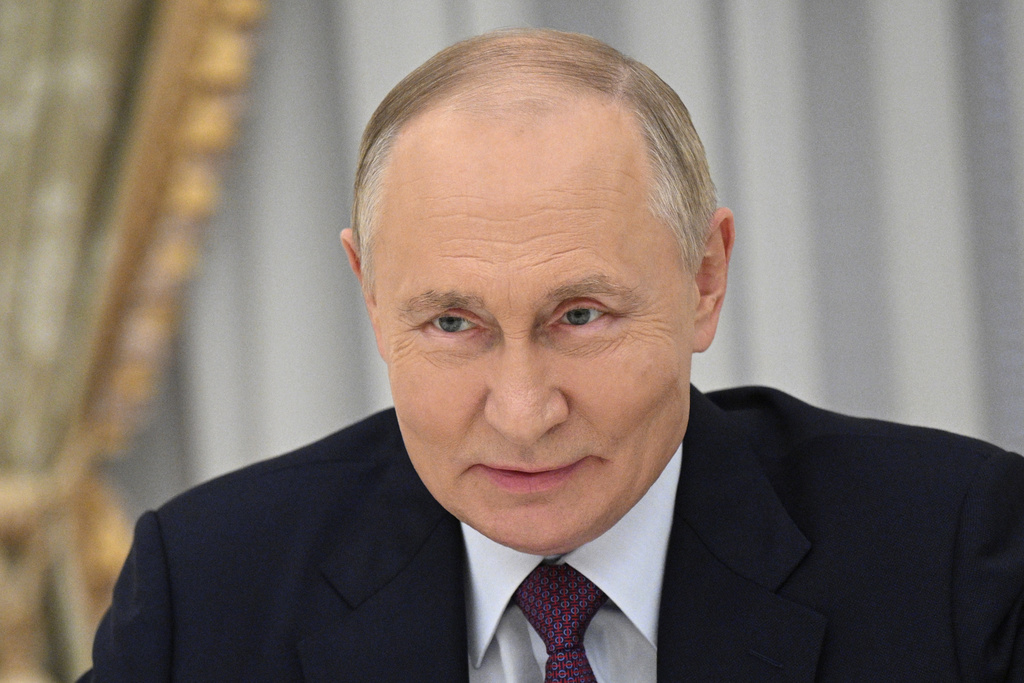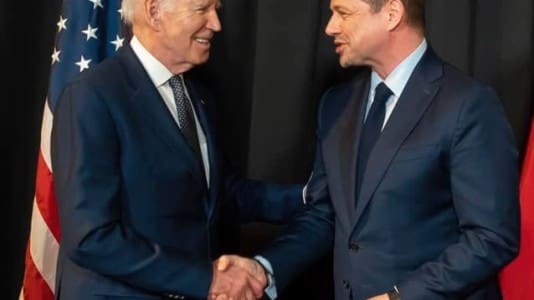Russia will remain a reliable supplier of oil and gas to Hungary, and the countries will continue to develop their relations in the energy sector, Deputy Prime Minister Aleksandr Novak told Russian news outlet RIA.
“Despite the sanctions restrictions and all other difficulties and problems, Russia is a reliable supplier of raw materials to Hungary. We are talking about oil through the Friendship oil pipeline, gas transportation through the Turkish Stream,” the politician stated.
Over the summer, fears grew after Ukraine blocked the flow of oil from Russia via the Friendship pipeline, which supplies Hungary, Czechia and Slovakia. All three countries are highly reliant on Russian energy. As a result, Hungary and Slovakia lodged a complaint with the European Commission. Since then, the Hungarian company MOL signed an agreement with Russia which stipulates the company takes over ownership of the supply of crude oil at the border of Belarus and Russia. In effect, only Hungarian crude oil would then pass through Ukrainian territory.
“The updated transportation agreements and the new takeover arrangements of the crude oil fully comply with all relevant sanctions and provisions, including those of the EU and Ukraine,” read the company’s statement.
As a landlocked country, Hungary has limited options in terms of how it can receive energy supplies, making the Ukrainian pipeline vital to its economy. Anywhere between 80 to 90 percent of its oil needs are served by Russia, but the country is looking to diversify into nuclear and renewable energy, in particular solar power.
Just a few days ago, Hungarian news outlet Mandiner reported that Russia took note of German Chancellor Olaf Scholz’s statements about the need for negotiations on Ukraine, although Moscow did not receive a concrete proposal. Russian Ambassador to Germany Sergey Nechayev stated that he hopes that the West has finally understood that a peace plan is needed.
“Hungary has already tried to come up with a peace initiative, but for some reason this was not welcomed in the European Union,” he added.
Nechayev emphasized that the German proposal must be real and clear, because if it is based on Zelensky’s previous plans, it is completely unacceptable for Russia.






